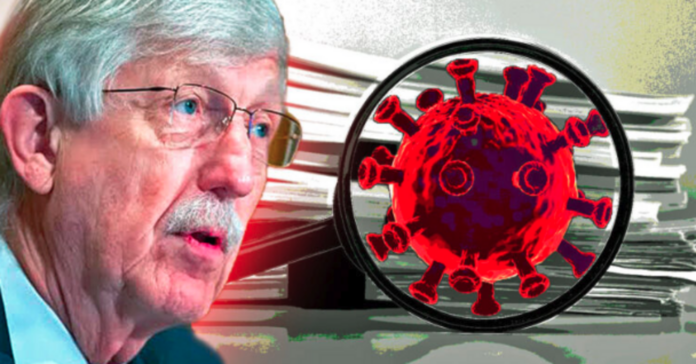NIH top brass caught conspiring to evade questions about coronavirus research at Wuhan Lab
Documents obtained via a FOIA request reveal NIH officials, including former Director Francis Collins, supported a plan to avoid answering congressional inquiries about a grant NIH awarded to a nonprofit to conduct controversial coronavirus research in Wuhan, China, according to journalist Paul Thacker.
Newly disclosed emails reveal that top officials at the National Institutes of Health (NIH) planned to provide Congress with a response that “doesn’t actually answer the questions” about a grant the agency awarded to a nonprofit for controversial research conducted in collaboration with the Wuhan Institute of Virology in China.
Independent journalist Paul D. Thacker, author of “The Disinformation Chronicle” on Substack, analyzed the emails, which were obtained through a Freedom of Information Act (FOIA) request by investigative reporter Jimmy Tobias.
Thacker’s report shows NIH officials discussing how to respond to congressional inquiries about the grant awarded to EcoHealth Alliance.
In a July 2020 email exchange, Adrienne Hallett, then-NIH associate director for legislative policy, outlined a strategy to evade direct answers to congressional inquiries.
“We are going to draft a response to the letter that doesn’t actually answer the questions in the letter but rather presents a narrative of what happened at a high level,” Hallett wrote. “The Committee may come back for other documents but I’m hoping to run out the clock.”
The email chain reveals that top NIH leadership, including then-Director Francis Collins and then-Principal Deputy Director Lawrence Tabak, were aware of and supportive of this approach.
Collins responded, “Sounds like a good plan.” Dr. Michael Lauer, the NIH’s deputy director for extramural research, replied, “Thanks so much Adrienne! I’ll draft something today.”
For the rest of this article please go to source link below.

